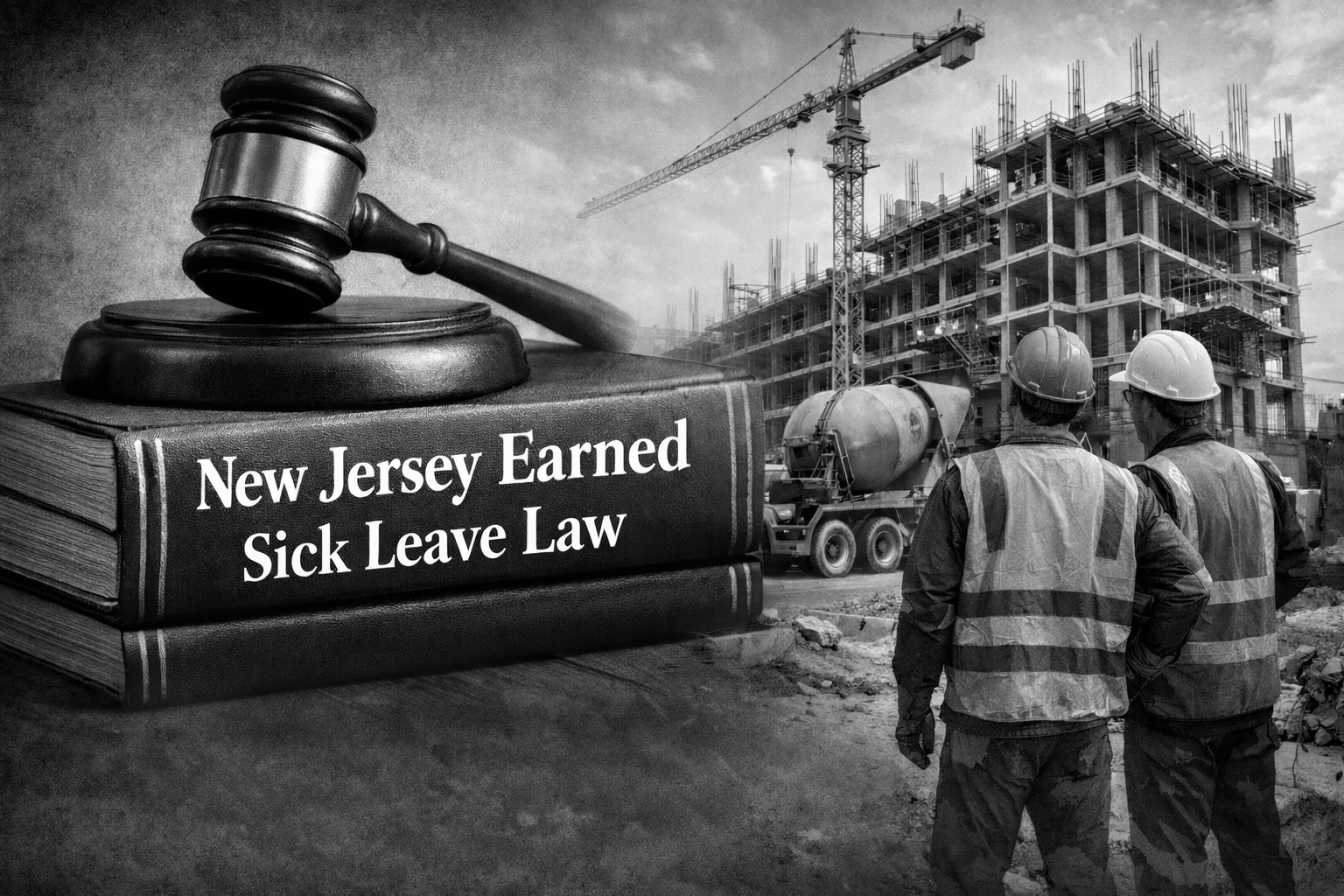Second Circuit Holds That Employees May Qualify For Reasonable ADA Accommodations, Even If They Are Not Necessary For Job Performance

On March 25, 2025, the Second Circuit Court of Appeals ruled in Tudor v. Whitehall Central School District, that an employee with a disability may qualify for a reasonable accommodation under the Americans with Disabilities Act (the “ADA”), even if they can perform the essential functions of their job without accommodation.
Background
To establish a prima facie case for failure to accommodate under the ADA, the employee/plaintiff bears the burden to show, by a preponderance of the evidence, that: (1) their employer is subject to ADA; (2) they were disabled within the meaning of the ADA; (3) they were otherwise qualified to perform essential functions of their job, with or without reasonable accommodation; and (4) their employer refused to make a reasonable accommodation.
Summary of the Decision
In Tudor, the plaintiff was employed by the defendant Whitehall Central School District (“Whitehall”) for approximately 20 years as a school teacher. In 2008, the plaintiff requested and received an accommodation from Whitehall due to her PTSD symptoms which allowed her to leave school grounds during 15-minute “prep periods” in the morning and afternoon when she was not responsible for overseeing students.
In 2016, Whitehall underwent a change in administration and began prohibiting teachers from leaving school grounds during prep periods. Despite informing the new administration of her longstanding accommodation, plaintiff was told that the documentation on file was insufficient to sustain her right to reasonable accommodation. Plaintiff was later allowed to leave campus during morning prep periods, and sometimes during afternoon periods if coverage was available. During the 2019-2020 school year, the plaintiff was unable to obtain coverage for the afternoon period, yet continued to leave school grounds as she ordinarily would.
Plaintiff filed suit claiming that Whitehall’s refusal to guarantee her a 15-minute afternoon break during the 2019-2020 school year violated the ADA. Plaintiff acknowledged that even without additional accommodation, she was nevertheless able to perform the essential functions of her job. On that basis, the District Court granted summary judgment to Whitehall, finding that because the plaintiff was able to perform the essential functions of her job without accommodation, she could not establish a claim under the ADA. The plaintiff appealed, and the Second Circuit vacated the District Court’s ruling.
The Second Circuit held that an employee with a disability is qualified to receive a reasonable accommodation under the ADA, even if they can perform their essential job functions without an accommodation. The Court relied on the plain text of the ADA, which defines a “qualified individual” as “an individual who, with or without reasonable accommodation, can perform the essential functions of the employment position that such individual holds or desires.” The Court further emphasized the remedial nature of the ADA and its previous decisions establishing that the ADA must be construed broadly to effectuate its purpose of eliminating discrimination against individuals with disabilities.
Accordingly, the Court aligned itself with other federal circuits, and held that an employer must, absent undue hardship, provide employees with disabilities reasonable accommodation, even if they are capable of performing the essential functions of their job without it.
Takeaway for Employers
Employers subject to the ADA in New York, Connecticut, and Vermont should be guided that regardless of whether their employees with disabilities can perform the essential functions of the job without accommodation, they are nevertheless required to provide qualified employees with reasonable accommodation, unless doing so would impose an undue hardship. Significantly, employers should consult with counsel prior to determining whether an undue hardship exists because the bar to meet the undue hardship standard is high.
As the law continues to evolve on these matters, please note that this article is current as of date and time of publication and may not reflect subsequent developments. The content and interpretation of the issues addressed herein is subject to change. Cole Schotz P.C. disclaims any and all liability with respect to actions taken or not taken based on any or all of the contents of this publication to the fullest extent permitted by law. This is for general informational purposes and does not constitute legal advice or create an attorney-client relationship. Do not act or refrain from acting upon the information contained in this publication without obtaining legal, financial and tax advice. For further information, please do not hesitate to reach out to your firm contact or to any of the attorneys listed in this publication. No aspect of this advertisement has been approved by the highest court in any state.
Join Our Mailing List
Stay up to date with the latest insights, events, and more







